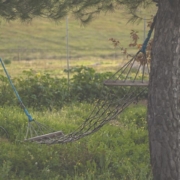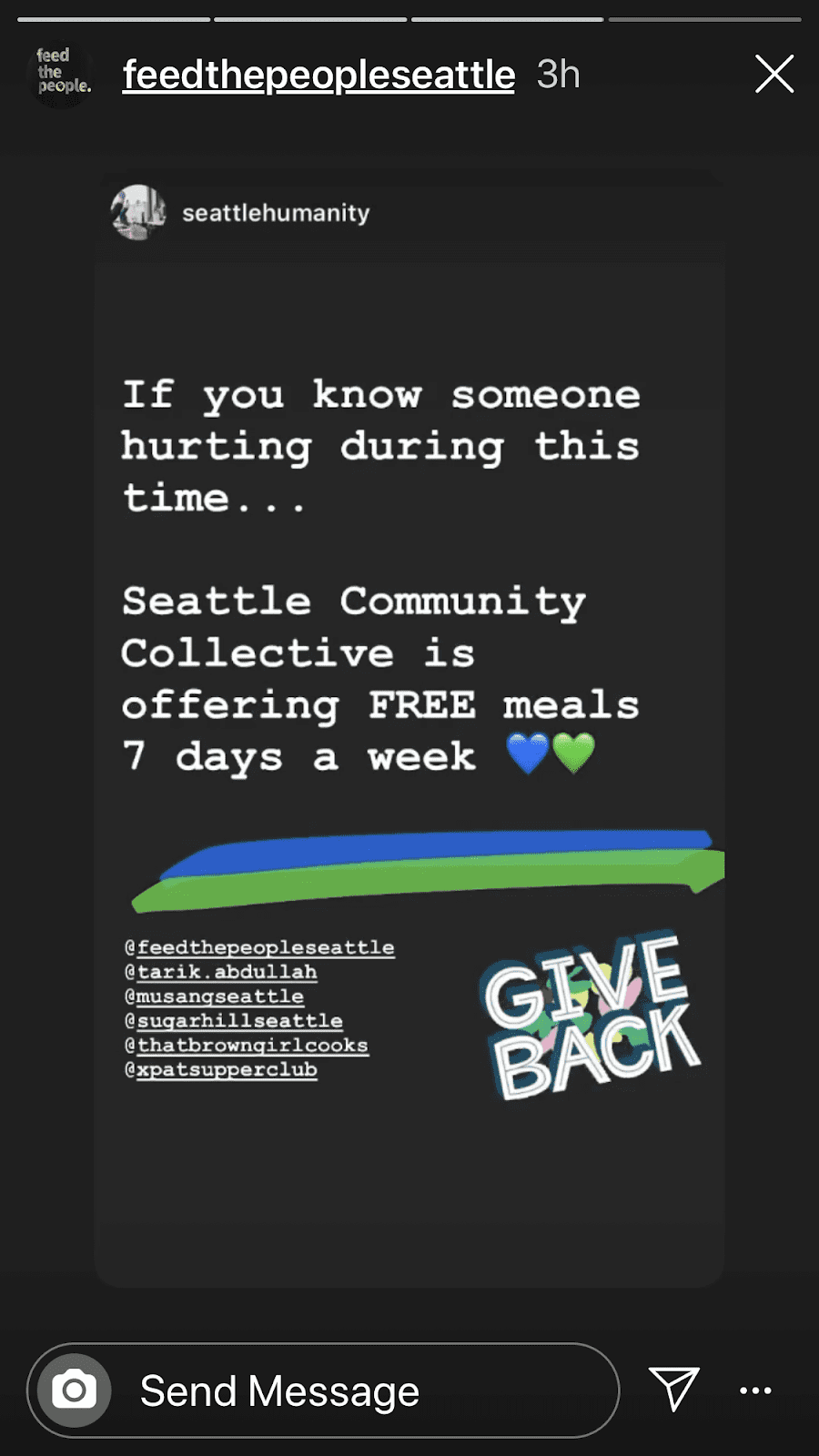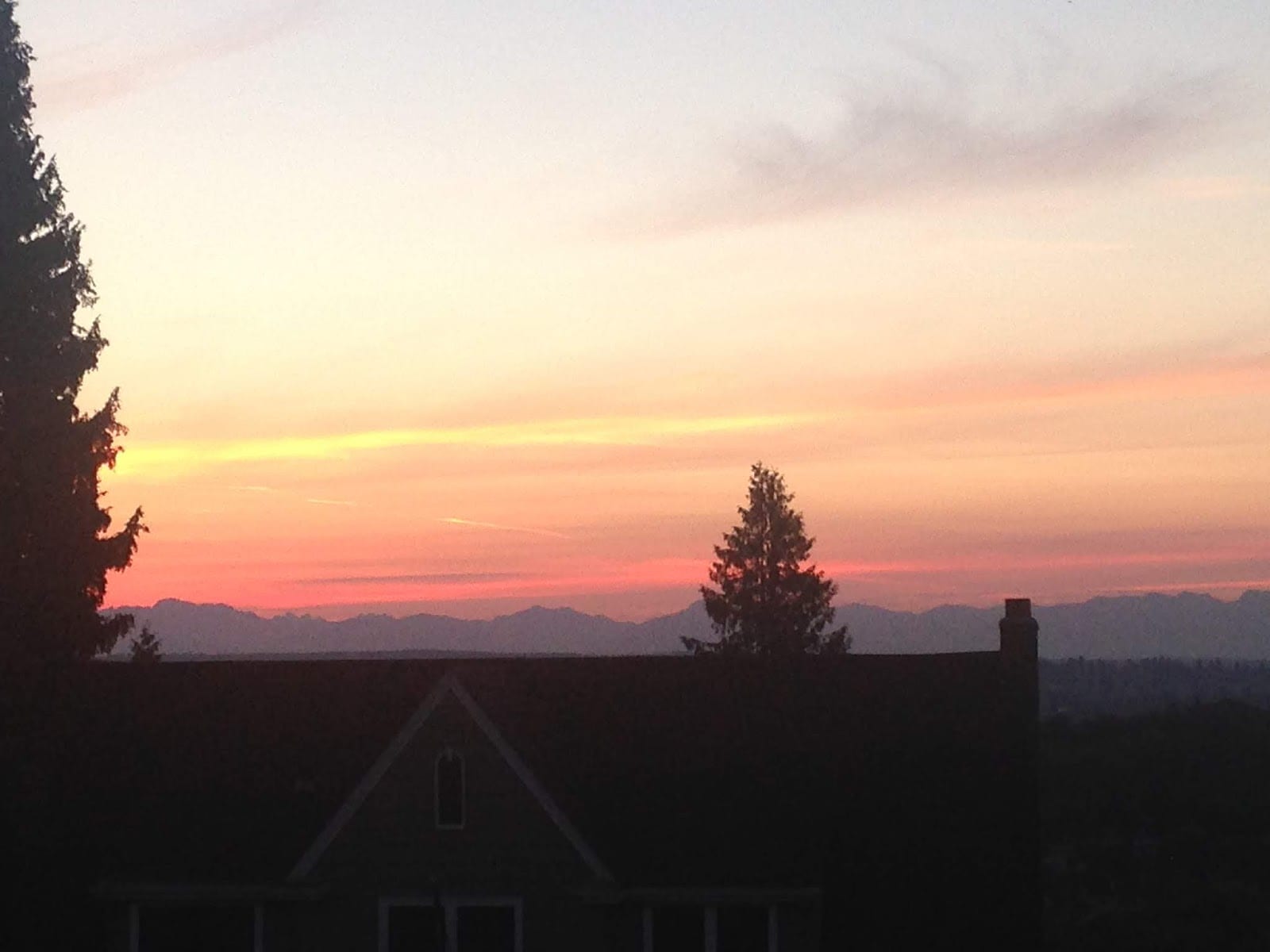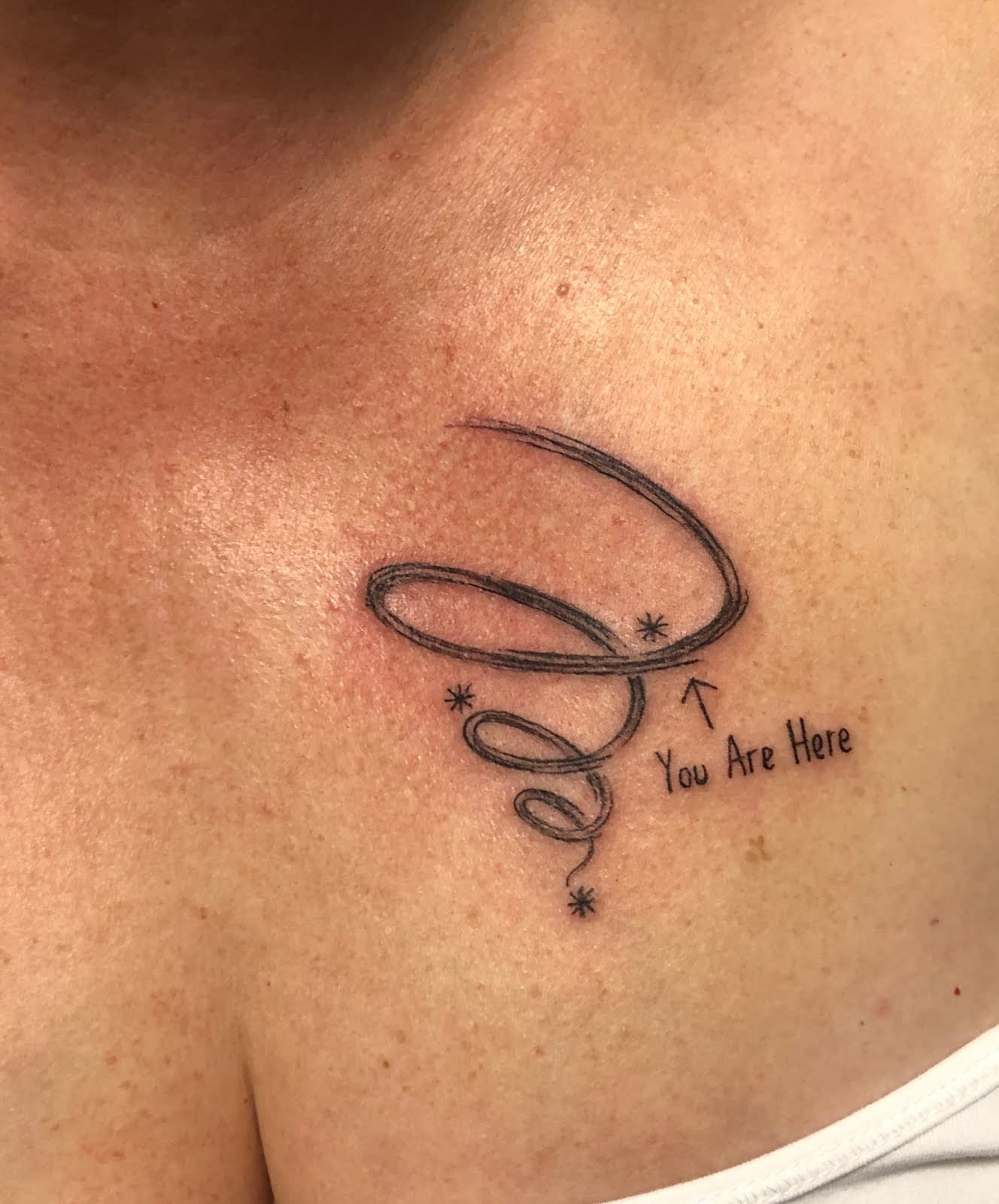
Jorge Polo, CC BY 3.0 <https://creativecommons.org/licenses/by/3.0>, via Wikimedia Commons
Do you believe you are held in community?
I don’t mean to ask “do you think you belong?” That is a slightly different question. Belonging is often predicated on what we do, how we appear, the way we act.
I mean, do you believe that you are held in love and care by the collective?
Do you believe it, and by that I mean do you feel it in your bones, as a solid feeling in your gut?
Do you believe you are held? That regardless of your attributes or accomplishments or identities, you are woven tightly into the fabric of community, the people who surround you, who you consider beloveds, you will not fall away?
I recently celebrated my 50th birthday and I anticipated doing so alone. Not by choice, but also not not by choice. We are, after all, in a pandemic that is still swirling around us (whether we have the bandwidth to acknowledge it as such or not). But I have also uprooted myself and moved to an entirely new town in an entirely new state, my kids all live in different cities, and I am not a fan of parties where I am the object of the celebration. Whether that is simply a facet of my personality or my parents sparked that feeling by taking me to Farrell’s at the wrong developmental stage of my childhood is up for debate, but it does persist. I am not the kind of person who appreciates public acknowledgment of my birthday by singing waiters or birthday parties with more than five people or so. But I digress…
I fully anticipated spending the day alone and I was frankly unsure how I would feel, but then a series of things happened to change that. My youngest and her boyfriend texted to say they were driving up to spend the day with me and my heart broke open a little bit. A new friend I recently met texted to ask (randomly, she swears) when my birthday is and when I told her “two days from now,” she offered to take me out to dinner to celebrate. That crack widened a bit more. Then my aunt and uncle messaged to ask if they could take me out to lunch for my birthday and I cracked wide open.
On the day of my birthday, when I was as wide open as I’ve ever been, a really magical thing happened that still makes me cry when I think about it. A group of humans – most of whom I’ve never met in person, but who have vowed to have each others’ backs and support each other no matter what – began messaging me in the larger group to wish me a happy birthday. It began with one or two and within ninety minutes, there were close to 50 notifications in the group chat. I was overwhelmed and shaky at this outpouring of sincere, loving messages. The first thought that went through my mind was “why do they care about my birthday?” The second was “they’re only doing it because one person started it and it would be weird not to add their wishes to the chat.” The third came in the form of a question, “what if they do mean it? What if they are really taking a moment out of their own busy lives to sincerely think of me, hand on heart, and wish me well?”
That was the one that brought me to my knees. What if?
I texted a friend who I knew would get it to say how scary it was to accept these birthday wishes. I told her that I imagined all of the love coming at me from these amazing, complex, brilliant human beings was weaving an enormous hammock and all I had to do was climb in and be held by it. And also, there is no graceful way to get into a hammock. None. There is always that one moment when you wonder if someone is going to laugh at the awkward way you shove your butt over first and try not to get your foot tangled in the web of it. Or that other moment when you’re not quite sure if it will stay upright or flip and knock you out onto the dirt on your ass. My friend got it. She understood, and in that moment, we agreed that we would be each other’s spotter – that when one of us wanted to climb into that scary love hammock, the other one would stand by and hold it steady until they were safely inside, resting in love and care.
If you can’t answer the question, “Do you believe you are held in community?” you are not alone. I am 50 years old and just beginning to have the barest sensation of trusting it. I mourn for the last 49 years when I didn’t know that that was what I needed more than anything else, and also, I am determined to not let any more time pass by before I start asking other people whether they feel held.
We are killing ourselves and each other because we don’t feel held. We are addicted to drugs and food, buying weapons and physically and verbally attacking each other in public because we don’t feel held. We hide behind laws and cultural standards because we don’t know what it is to hold each other – in our hardest moments and our ugliest moments and our most triumphant moments. We haven’t learned what it feels like to believe we are held even when we aren’t producing, contributing, acting or looking a certain way. And the only way we will learn is to do it for each other, to take that leap of faith and hold each other in deep respect and care. When we feel like our well-being is something the collective cares about and for, we can rest in that space and come out ready to weave our strand of the hammock. It is terrifying, I know. And it is also the only thing that is left to do if we are going to make each other’s lives better.
So tell me, do you believe you are held in community?





